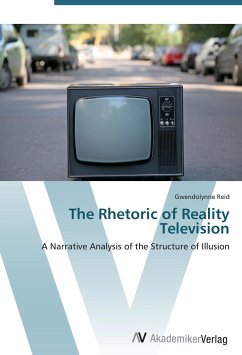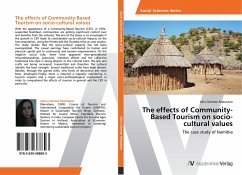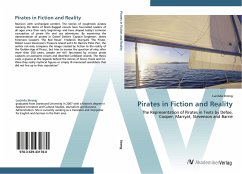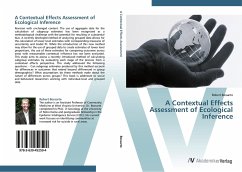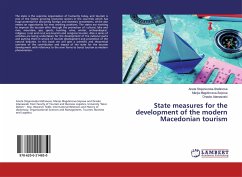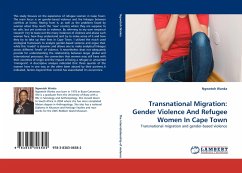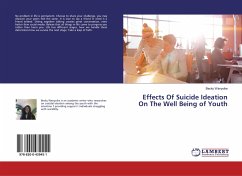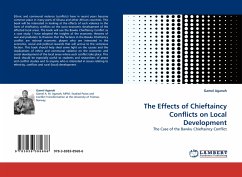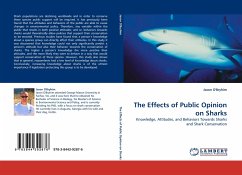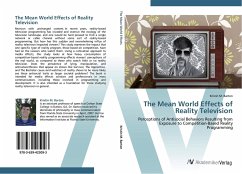
The Mean World Effects of Reality Television
Perceptions of Antisocial Behaviors Resulting from Exposure to Competition-Based Reality Programming
Versandkostenfrei!
Versandfertig in 6-10 Tagen
32,99 €
inkl. MwSt.

PAYBACK Punkte
16 °P sammeln!
Revision with unchanged content. In recent years, reality-based television programming has invaded and overrun the ecology of the television landscape, and one would be hard pressed to find a single network or cable channel without some sort of reality-based programming. But how has this sudden and overwhelming influx of reality television impacted viewers? This study examines the impact that one specific type of reality program, those based on competition, have had on the viewers who watch them. Using a cultivation approach to media effects, this study looks at how heavy consumption of compet...
Revision with unchanged content. In recent years, reality-based television programming has invaded and overrun the ecology of the television landscape, and one would be hard pressed to find a single network or cable channel without some sort of reality-based programming. But how has this sudden and overwhelming influx of reality television impacted viewers? This study examines the impact that one specific type of reality program, those based on competition, have had on the viewers who watch them. Using a cultivation approach to media effects, this study looks at how heavy consumption of competition-based reality programming effects viewers perceptions of the real world, as compared to those who watch little or no reality television. Does the prevalence of lying, manipulation, and untrustworthiness that appear on shows like Survivor, The Apprentice, and The Bachelor cause avid watchers of reality shows to be more likely see these antisocial traits as larger societal problems? The book is intended for media effects scholars and professionals in mass communication, including those involved in programming and development. It is also intended as a foundation for those studying reality television in general.



